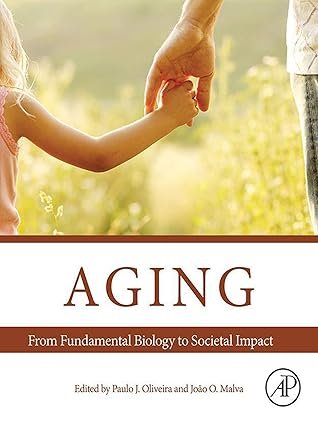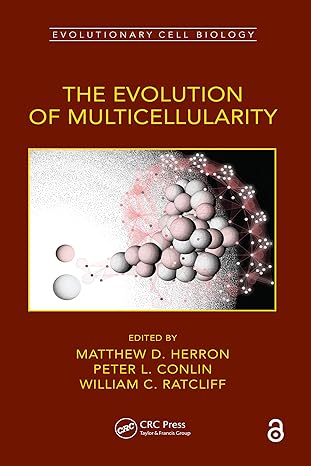Aging: From Fundamental Biology to Societal Impact
Explore the science, challenges, and societal implications of aging with the comprehensive and multidisciplinary volume “Aging: From Fundamental Biology to Societal Impact”. This essential book presents a balanced synthesis of the biological mechanisms of aging, age-related diseases, and the far-reaching effects of an aging population, making it a valuable resource for researchers, clinicians, students, public health professionals, and policy makers.
Covering the full spectrum of aging—from molecular and cellular processes to public health policies—this book enables readers to understand aging not only as a biological phenomenon but also as a pressing global challenge with economic, ethical, and healthcare implications.
Key Features:
-
Detailed exploration of cellular aging mechanisms, including telomere shortening, DNA damage, mitochondrial dysfunction, and oxidative stress
-
In-depth discussion of age-related diseases such as Alzheimer’s, cardiovascular disorders, osteoporosis, and cancer
-
Intersections between aging and lifestyle factors: diet, exercise, stress, and environmental exposure
-
A dedicated focus on anti-aging therapies, pharmacological interventions, and longevity research
-
Societal impact chapters: healthcare systems, elderly care infrastructure, social inclusion, and age-friendly policies
-
Addresses both developed and developing country perspectives on population aging
This book bridges the gap between fundamental aging biology and real-world implications, offering a rich, integrative approach to one of the most critical global issues of our time.






